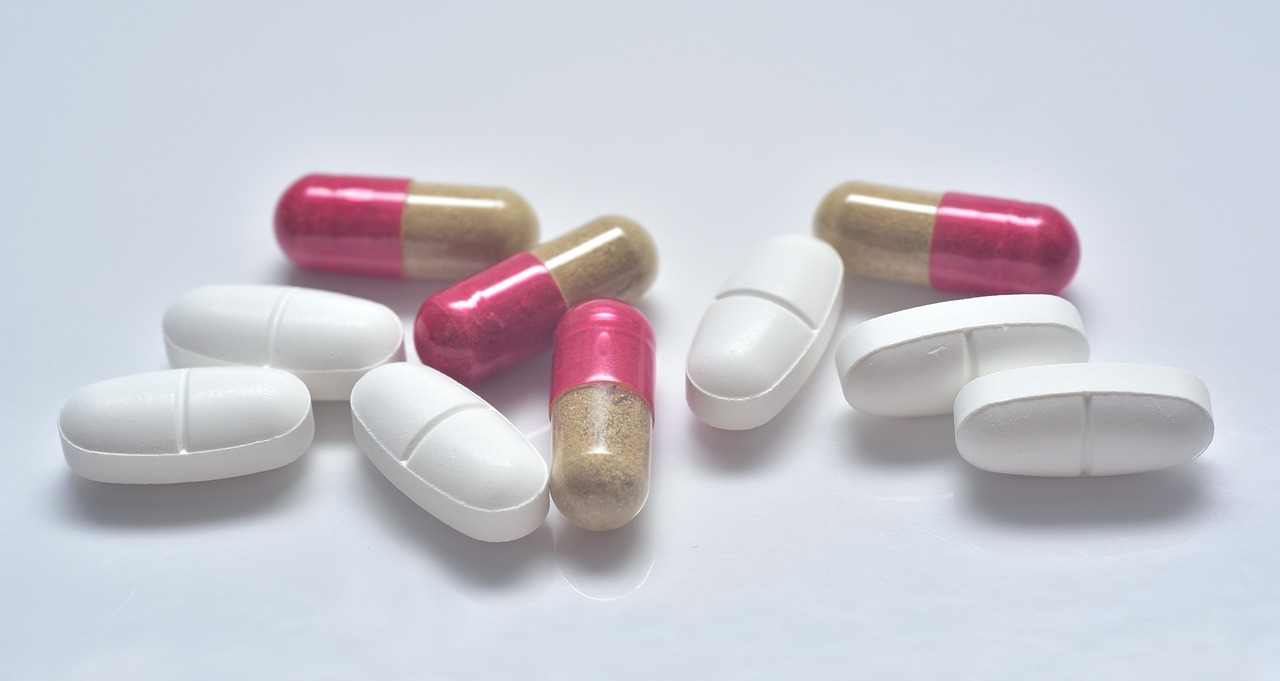SINGAPORE, Dec 20 – A consumer insight study has revealed that 30 per cent of participants surveyed in Malaysia were prescribed antibiotics as a Covid-19 treatment.
Antivirals, however, were the most prescribed at 31 per cent, while 21 per cent of respondents in Malaysia said they were prescribed monoclonal antibodies (mAbs) or immune modulators, according to an Ipsos Covid-19 Diagnostics and Therapeutics Consumer Study, conducted among 60,000 adults in 29 countries.
Across Asia Pacific (APAC) markets, where research was conducted between July 3 and 13, 2023, among 14,012 consumers aged 16 to 74 in Indonesia, Malaysia, Singapore, Thailand, and the Philippines, antivirals was the most prescribed treatment class.
The study was presented at a media roundtable on the sidelines of the 27th Congress of the Asian Pacific Society of Respirology (APSR 2023) held here last November 17.
Former Sungai Buloh Hospital infectious disease consultant and head of department of medicine Dr Suresh Kumar Chidambaram said that the fight against Covid-19 is not yet over, with prompt Covid-19 diagnosis important and potentially life-saving for high-risk individuals.
“Understanding that patients already feel that prescription treatments are as vital as vaccinations, doctors can play a significant role in educating high-risk patients to adopt treatments that have been proven to be effective against new variants,” he said in a statement.
Prescribing antibiotics for Covid-19 is generally not recommended unless there is a bacterial co-infection or a secondary bacterial infection. Covid-19 is caused by a virus (SARS-CoV-2), and antibiotics are effective against bacterial infections, not viral infections.
Inappropriate use of antibiotics can contribute to antimicrobial resistance (AMR), which has been on the rise globally over the years.
The World Health Organization (WHO) estimates that bacterial AMR was directly responsible for 1.27 million global deaths in 2019 and contributed to 4.95 million deaths.
AMR makes infections harder to treat and makes other medical procedures and treatments – such as surgery, caesarean sections, and cancer chemotherapy – much riskier.
In addition to death and disability, the World Bank estimates that AMR could result in US$1 trillion (RM4.65 trillion) additional health care costs by 2050, and US$1 trillion to US$ 3.4 trillion gross domestic product (GDP) losses per year by 2030.
The Ipsos survey found only 31 per cent of Malaysian participants say they were very aware of Covid-19 prescription therapeutics, although more than half (53 per cent) said they agreed that Covid-19 requires early treatment with prescription treatments.
About 54 per cent agreed that Covid-19 prescription treatments are equally important to vaccines when fighting the virus.
The survey also revealed that 56 per cent of Malaysians agreed with the statement that they would call their doctors immediately to seek advice if they tested positive for Covid-19.
Another 54 per cent said if they tested positive for Covid, they would ask their doctors straight away for a prescription treatment to prevent severe disease. Fifty-five per cent said they would follow their doctors’ instructions if prescription treatment is recommended.
Meanwhile, the top four go-to resources which Malaysian participants seek out information on Covid-19 prescription treatments are social media (43 per cent), traditional media or TV, radio, and press (36 per cent), national health authority guidelines or recommendations (33 per cent), and family and friends (33 per cent).
Dr Bulent Taysi, Pfizer Emerging Market Asia’s senior director and regional vaccine and antiviral medical lead, told the media roundtable that the survey underscores the pressing need to focus on increasing awareness among high-risk individuals about the vital role of oral antiviral treatments.
“To this end, national health authority guidelines and digital/ social media play an indispensable role in the process. The insights we gain from observing consumer behaviours across the APAC region are invaluable, and they shape our strategic direction as we navigate endemic Covid-19.”








